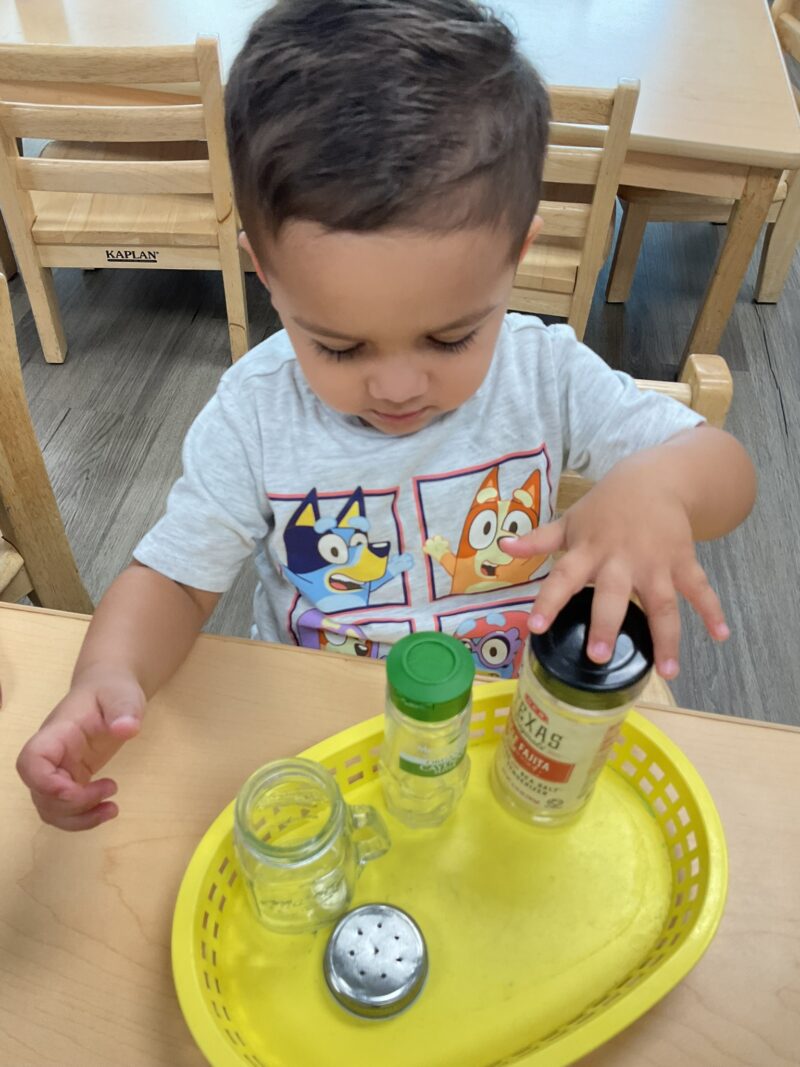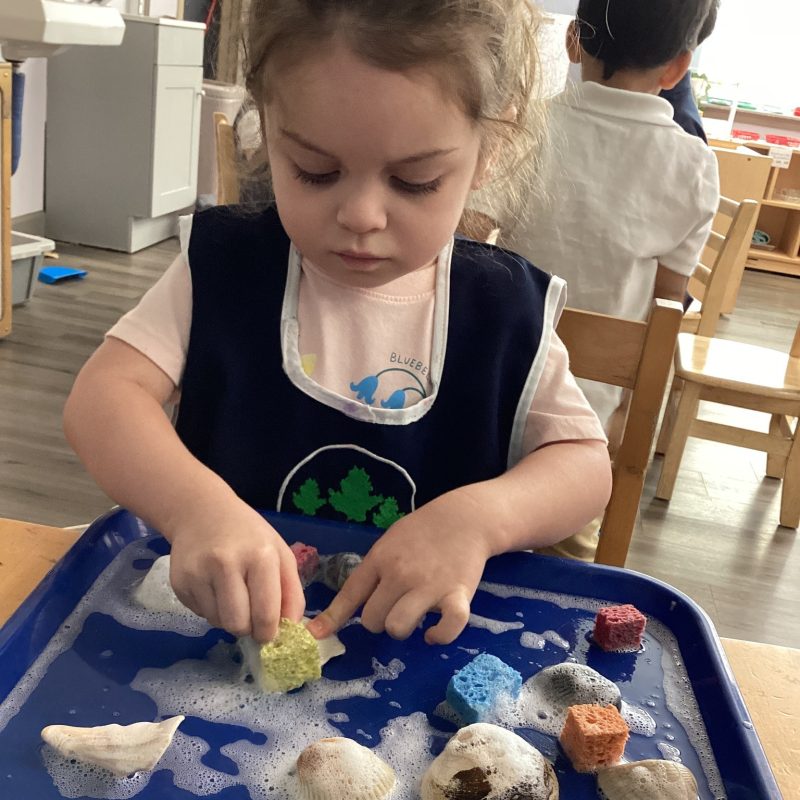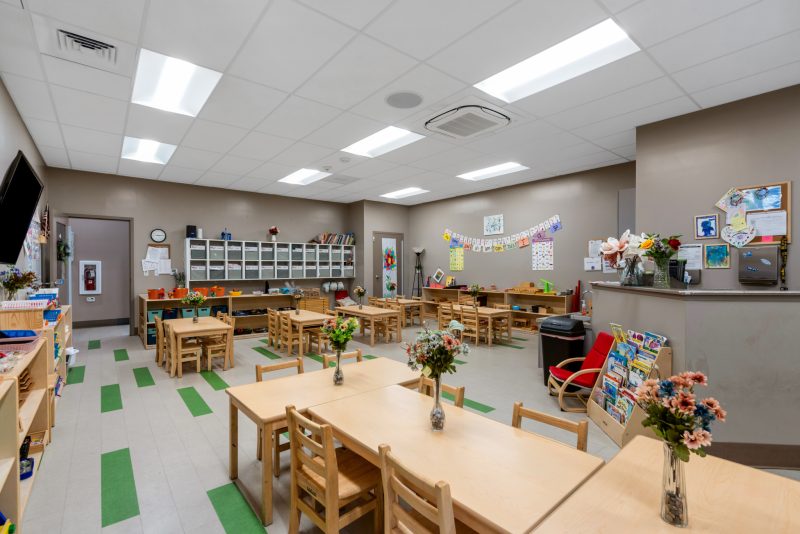
Happy child, happy parent, or happy parent, happy child? To truly understand the meaning of ‘happy parent, happy child is a challenging and mind-bending concept. It requires a giant mental leap, a paradigm shift to grasp fully.
Happiness is contagious, and there is no doubt that children respond to positive and uplifting energy. Scientific research proves that happy parents are likelier to have happy children. Sadly, parents often believe that taking time for themselves and doing the things they love is selfish and, as a result, self-sacrifice their own needs. This approach to parenting is detrimental to the parent’s well-being, which impacts the child.
- 15 ways to activate happiness chemicals
- Dopamine (the reward chemical)
- Oxytocin (the love hormone)
- Serotonin (the mood stabilizer)
- Endorphin (the pain killer)
Life is full of ups and downs; full-time happiness is an elusive idea, and happiness will always be a fleeting emotion; however, happy parents have a greater capacity to stay upbeat and centered through it all. Children need happy parents, but more importantly, children need conscious parents with a happy and positive disposition who can weather life’s storms with resilience, gratitude, and grace. This approach to life provides the child with a healthy form of role modeling and creates the environment for a child to flourish.
Dr. Shefali, a conscious parenting expert, shares that we should not focus energy on raising happy children but on growing ourselves, becoming more conscious as a parent, healing our childhood traumas, and role-modeling how to handle life’s ups and downs with more grace. Our children are our greatest teachers mirroring the deep inner work we need to do to evolve, so allow your child to show you where you need to grow.
‘A conscious parent is not one who seeks to fix her child or seek to produce or create the ‘perfect’ child. This is not about perfection. The conscious parent understands that his journey has been undertaken, this child has been called forth to ‘raise the parent’ itself. To show the parent where the parent has yet to grow. This is why we call our children into our lives. ‘ – Dr. Shefali
Remember that your happiness rubs off on your child, and a conscious, healing, happy parent is less easily triggered, more at peace, and much more emotionally balanced. Happy parents are more accepting, compassionate, loving, and kind. Happy parents often exhibit more optimism, gratitude, humor, resilience, adaptability, and present-moment focus. These qualities are the fertile ground from which the child can thrive.
Many factors determine our state of well-being, and it’s not always easy to identify the cause of one’s unhappiness. Thankfully, we can do many small things to activate our happy hormones.
Here are 15 ways to activate happiness chemicals in your body
Dopamine (the reward chemical)

1. Complete a task. We all have a to-do list, so keep ticking off and revising yours. Unfinished tasks can build up and feel energetically heavy in one’s life, so make sure to lighten the load.
2. Self-care. The simple choice to take good care of yourself, in and of itself, makes one feel much better.
3. Eat colorful, nutritious food which nourishes your body and makes your soul feel happy. Colorful, vibrant food is full of phytonutrients that make one feel good, happy, energetic, and full of vitality.
4. Celebrate little wins. It’s easy to fall into the pattern of focusing on all the things that go wrong; however, this focus makes one feel down. Try to shift your focus to everything that is going well, no matter how small.
Oxytocin (the love hormone)

1. Play with your pets. The bond between yourself and an animal friend can stimulate this feel-good bonding hormone, so make sure to connect.
2. Play with a baby. There is nothing quite like the feeling of holding an infant. Help a friend out and babysit so she can get an extra few hours of rest or perhaps volunteer at an orphanage.
3. Hold hands with a loved one. This simple act creates a deep bond and warm sense of safety.
4. Hug your family and friends. A hug of 20 seconds or more per day can significantly improve one’s sense of well-being as it stimulates the feeling of calm, relaxation and connectedness.
5. Look for the good in others and share compliments. Passing on good energy to others uplifts both the giver and receiver.
Serotonin (the mood stabilizer)

1. Meditate. Regular meditation gives one a greater sense of well-being as it releases serotonin into the brain, which acts like an anti-depressant and lifts one mood.
2. Sun exposure. Make sure to expose yourself to sunlight, particularly in the morning, as this helps your body sync with the circadian rhythms.
3. Spend time in nature and walk barefoot as much as possible. Earthing is a beautiful way to calm one’s nervous system, reduce inflammation, increase energy and improve one’s mood.
Endorphin (the pain killer)

1. Laughter. As the saying goes, laughter is the best medicine! Watch a comedy or choose to spend your time with uplifting like-minded friends who can make you laugh.
2. Dark chocolate. Treat yourself to a few blocks of dark chocolate now and then.
3. Make love. So often, parenting can leave one feeling exhausted and not in the mood; however, it is essential to your well-being and relationship that this area is taken care of.
Remember that our children guide us back to ourselves and mirror our energy, so prioritize your needs and keep yourself positive, calm, loving, and upbeat. Practice self-love and build your happiness chemicals regularly, as your happiness will overflow and be the fuel from which your child will thrive. Let go of what no longer serves you, live in the present moment, practice gratitude, and remember that life happens for you.
Your greatest gift to your child is your healing and the best version of yourself!
Subscribe to Newsletter
Programs offered at ExcellED Montessori Plus include:
✔️Infants (10 Weeks – 18 Months)
✔️Toddlers (18 – 36 Months)
✔️Primary (3-6 Years)
✔️Kindergarten
✔️Mother’s Day Out
✔️Spanish Immersion / Dual Language
✔️After School Programs and Summer Camp (6 – 12 Years)
Music, Spanish, and Yoga are other programs included as part of the tuition.
Learn more about Inquiry-based Learning






